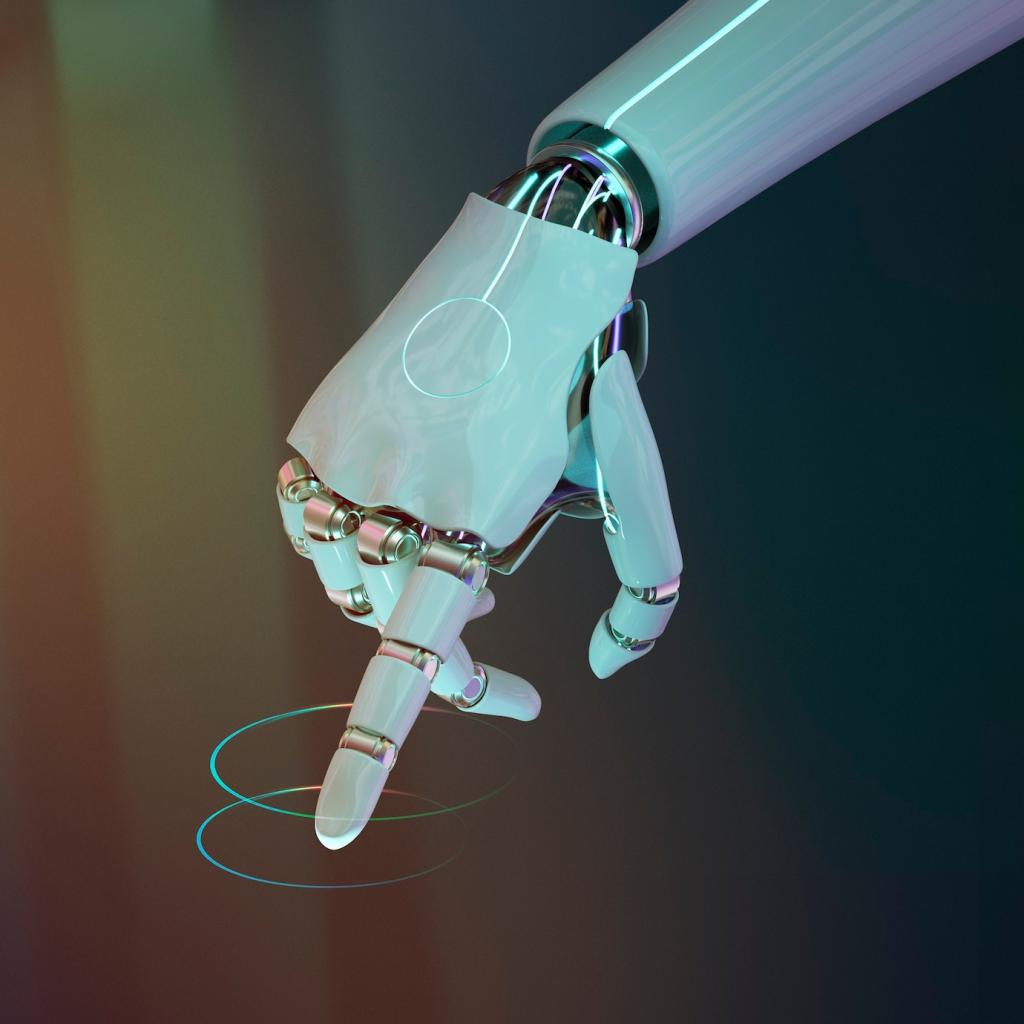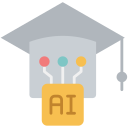AI-Powered Personalized Learning
AI-powered personalized learning is transforming the educational landscape by adapting learning experiences to the individual needs, preferences, and abilities of each student. Leveraging advanced algorithms and machine learning, this innovative approach ensures that learners receive tailored content, feedback, and support, driving engagement, motivation, and academic success. By harnessing the capabilities of AI, educators and institutions can create dynamic, inclusive, and highly effective learning environments for everyone involved.

How AI Customizes Learning Paths
Artificial intelligence can assess data from a learner’s performance and behavior to craft a unique learning path. This means students interact with material at their own pace, revisiting challenging topics while advancing quickly through areas they’ve mastered. AI systems continually analyze and adjust these paths, ensuring instruction is always relevant and optimized for each person. Through this ongoing process, learners receive precisely what they need when they need it, making education more efficient and rewarding.
The Role of Data and Analytics in Personalization
Data and analytics form the backbone of personalized learning powered by AI. Every interaction a student has with digital content generates valuable data points, be it quiz scores, time spent on tasks, or engagement patterns. Advanced analytics interpret this data to identify trends and learning gaps, allowing the AI to adjust content delivery accordingly. The result is a cycle in which both immediate and long-term educational needs are met with science-backed precision, enabling meaningful progress for each learner.
Benefits Over Traditional Learning Models
Traditional classroom instruction often struggles to cater to the diverse backgrounds and learning speeds of students, leading to disengagement or frustration. In contrast, AI-driven personalization acknowledges individual learning styles and abilities, providing custom recommendations and interventions. This approach fosters greater student motivation and retention, as learning is neither too difficult nor too easy. Educators also benefit by gaining real-time insights into student progress, empowering them to provide targeted support when it’s needed most.
Adaptive Learning Algorithms
At the heart of AI-powered personalized education are adaptive learning algorithms. These complex computer programs process vast amounts of learner data to make real-time decisions about instructional content and pacing. By dynamically shaping the learning journey, adaptive algorithms ensure learners always have access to challenges that match their capability level. Continual improvements are made through feedback loops, where the AI learns from each interaction and refines its strategy, creating a smarter, more responsive system over time.
AI in Content Generation and Recommendation
From generating quizzes and explanations to recommending relevant articles and exercises, AI excels at creating and curating personalized content. Rather than offering the same material to every student, intelligent systems analyze individual proficiency and preferences to present targeted resources. This means students are less likely to experience frustration or boredom, as their educational diet is carefully balanced. As the AI continues to learn, content recommendations become increasingly effective, engaging learners and supporting their growth more thoroughly.
Enhancing Student Engagement
Gamification and Motivation
AI systems often incorporate elements of gamification—such as rewards, badges, and progress tracking—to tap into learners’ intrinsic motivations. These game-like features transform learning into an enjoyable experience, where achievements are acknowledged, and progress is visible at every step. By personalizing challenges and rewards, AI ensures that students remain interested without feeling overwhelmed. The cumulative effect is a heightened sense of accomplishment and an eagerness to continue learning.
Real-Time Feedback and Support
AI-powered platforms provide learners with instant, actionable feedback about their performance. This immediate response helps students identify errors, reinforce correct understanding, and build confidence through consistent reinforcement. When a learner struggles, AI systems can offer step-by-step explanations or adapt exercises to target specific weaknesses. Such real-time support prevents frustration and allows learners to address misunderstandings before they become obstacles, resulting in more effective and satisfying educational experiences.
Personalized Learning Pace
No two students learn at exactly the same speed, and AI-powered personalization respects this essential truth. The systems adjust lesson pacing, assignment due dates, and practice opportunities to suit each individual’s schedule and aptitude. As a result, learners can move quickly through familiar material or take more time with challenging concepts. This flexibility reduces stress, boosts retention, and ultimately leads to a more thorough and lasting grasp of core subject matter.
Empowering Educators and Institutions
Streamlining Administrative Tasks
Teachers invest significant energy in grading, scheduling, and monitoring student progress, often at the expense of direct instructional time. AI-powered platforms automate much of this workload by handling assessments, tracking attendance, and logging performance data. This automation liberates educators to spend more time engaging with students, planning enriching activities, and personalizing support for those who need it most, resulting in a better learning environment overall.
Generating Actionable Insights for Teachers
With robust data collection and analysis, AI tools present teachers with a clear, detailed picture of their students’ strengths, weaknesses, and learning trajectories. Educators receive timely alerts when a learner is falling behind, exceeding expectations, or struggling with specific concepts. With this information, teachers can act quickly to tailor their instruction, intervene where necessary, or celebrate student successes, making their teaching more responsive, personal, and impactful.
Supporting Inclusive Education
AI-powered personalization helps bridge gaps caused by language barriers, learning disabilities, or social disadvantages. Systems can offer translated content, adjust reading levels, or provide accommodations for special needs—all at scale. By automatically adapting learning materials and support strategies, AI ensures that every student receives an equitable chance to achieve their potential, leveling the playing field and fostering a more inclusive educational landscape.
Previous slide
Next slide
Overcoming Challenges and Concerns
With the use of AI systems comes the collection of vast amounts of personal learning data. Protecting student privacy is paramount, requiring strict adherence to data security guidelines and transparency about what information is gathered and how it’s used. Educational institutions must partner with reputable providers who prioritize encryption, compliance with regulations, and ethical data management, ensuring that sensitive records are guarded against unauthorized access or misuse.

Case Studies and Success Stories
Transforming K-12 Classrooms
Schools integrating AI-powered learning platforms report marked improvements in student engagement, grades, and attendance. For example, classrooms using adaptive English and math programs have seen underperforming students catch up to or surpass grade-level expectations after a single school year. Teachers note that real-time feedback and administrative support empower them to address challenges more quickly and provide effective, focused help to those who need it most.
Empowering Higher Education
Universities and colleges are leveraging AI personalization to support large and diverse student populations more effectively. Tailored learning modules and intelligent tutoring systems help incoming students bridge knowledge gaps, personalize study plans, and access resources on demand. In many cases, graduation rates and student satisfaction scores have risen, with learners citing the ability to progress at their own pace and receive help exactly when needed as decisive factors in their academic success.
Supporting Lifelong Learners
AI-powered personalized learning is transforming continuing education and workforce development as well. Adult learners returning to study or upskilling for career advancement can benefit from dynamic course recommendations, adaptive assessments, and 24/7 virtual assistance. These tools support busy professionals’ schedules and diverse backgrounds, making lifelong learning both feasible and highly effective across all stages of life.
